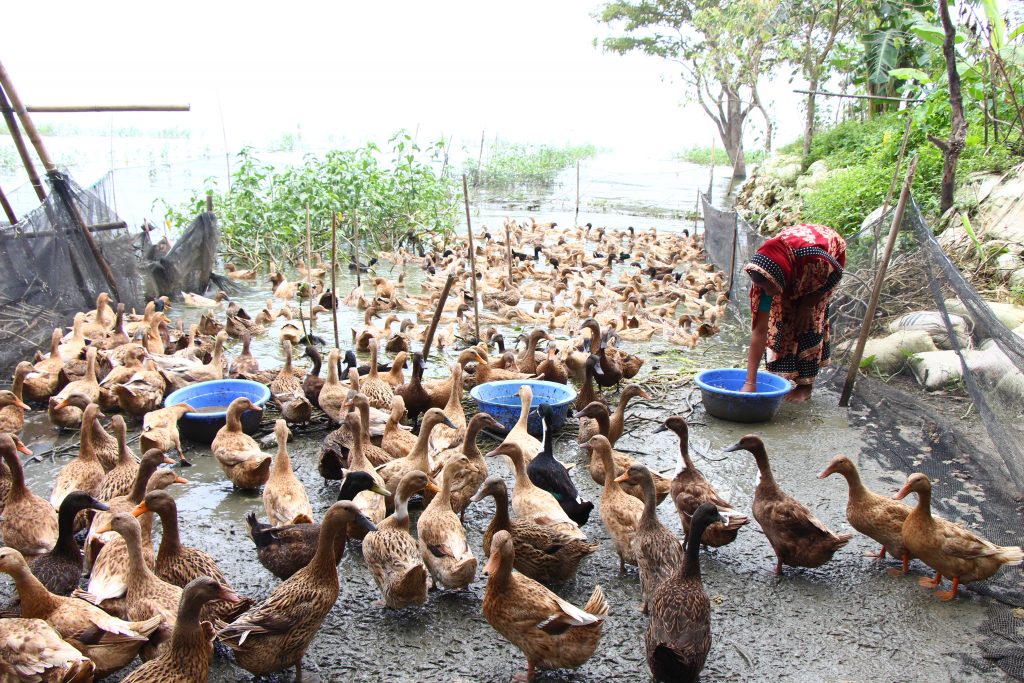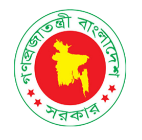“SHOUHARDO showed us the road, now we can take it up from here”
– Beli Begum, VDC Leader, Gaibandha
SHOUHARDO III was granted an additional two years up to September 2022 by USAID’s Bureau of Humanitarian Assistance, based on its successes and focuses on two overarching principles:
- testing, identifying, and promoting service provision models by public, private, and community-based organizations and service providers; and
- mobilizing communities to engage with these service providers to ensure sustained benefit.
In the extension period, SHOUHARDO III will facilitate, as opposed to directly intervene with, market-led development. This means that the program will work toward activities that leverage the greatest engagement between local communities, the market, the public, and civil society—with a goal of eventually leaving behind a system that functions on its own without future programmatic support. At the same time, the program will advocate with government to strengthen its service delivery to ensure that PEP communities get access to effective public services.

In the extension period, the program will ensure that it sustains cross-cutting linkages in youth, gender equality, and women’s empowerment in all interventions. The focus areas of this proposal are five result areas jointly identified with USAID/FFP: 1) on-farm livelihoods, 2) non-farm livelihoods, 3) health and nutrition, 4) water, sanitation, and hygiene (WASH), and 5) disaster risk reduction (DRR).
On-Farm Livelihoods: SHOUHARDO III’s outcome for this area is for PEP households to sustain increased income through market-oriented crops, livestock, and sustained fisheries production.
Non-Farm Livelihoods: SHOUHARDO III’s outcome for this area is for PEP households to have adequate earnings year-round to meet family needs.
Health and Nutrition: SHOUHARDO III’s outcome for this area is for PEP pregnant and lactating women (PLW), children under 5 years of age, and adolescent girls to sustain an improved nutritional status.
WASH: SHOUHARDO III’s outcome in this area is for PEP household to use safely-managed drinking water and sanitation services, practicing hygienic behavior.
DRR: SHOUHARDO III’s outcome for this area is that PEP participants apply appropriate strategies in the reduction of negative impacts from, and response to, actual disasters in accordance with individual, household, and community contingency plans, early warning information usage, and pre-developed emergency response mechanisms.


